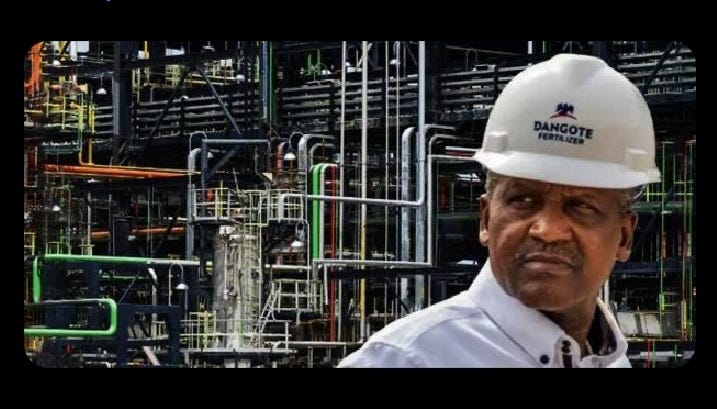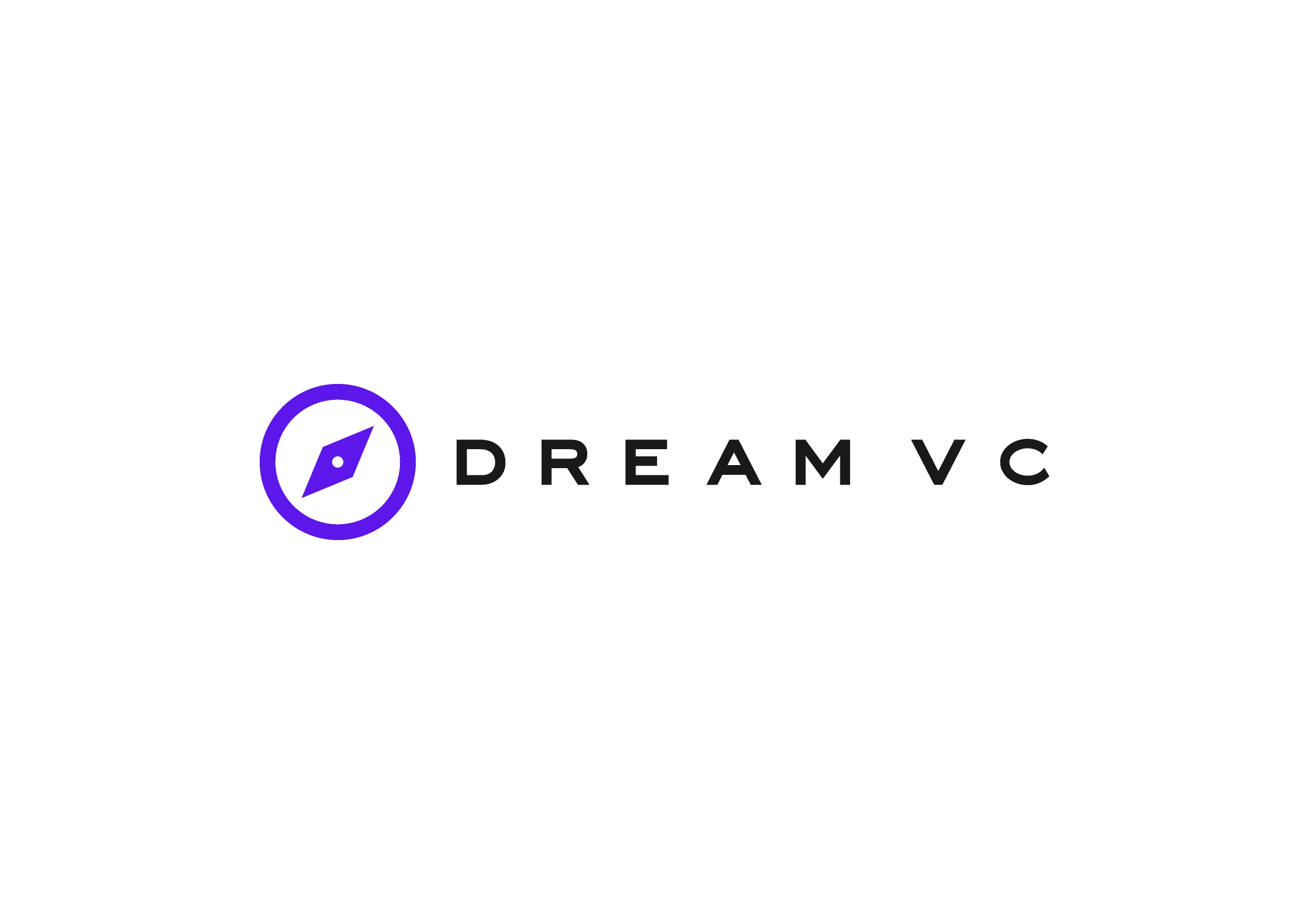On February 27, 2025, the Dangote Petroleum Refinery & Petrochemicals made headlines by reducing the ex-depot price of Premium Motor Spirit (PMS), commonly known as petrol, for the second time in a single month.
The latest price cut slashed N65 from the previous rate of N890, bringing it down to N825 per litre at the gantry. This follows an earlier N60 reduction on February 1, signaling a significant shift in petrol pricing and raising hopes for lower fuel costs nationwide.
Despite these reductions, however, the relief has yet to fully trickle down to Nigerian consumers. Many independent retail marketers continue to sell petrol at prices exceeding N900 per litre, leading to a persistent gap between the refinery’s ex-depot pricing and the actual price at the pump. This development raises concerns about transparency, market efficiency, and regulatory oversight within Nigeria’s petroleum sector.
A Market-Friendly Approach by Dangote Refinery
Since commencing operations, the Dangote Refinery has consistently emphasized its commitment to producing high-quality petroleum products at competitive prices. The refinery, which has quickly gained recognition in both domestic and international markets, aims to make its petrol widely accessible through key partners such as MRS Holdings, AP (Ardova Petroleum), and Heyden.
To this effect, Dangote has disclosed the expected retail prices of its petrol across different regions:
- Lagos: N860 per litre
- South-West: N870 per litre
- North: N880 per litre
- South-South and South-East: N890 per litre
While these rates are still relatively high, they are a marked improvement from the prices consumers have been grappling with in recent months. Yet, the question remains: why are retail petrol prices still inflated despite the refinery’s cost reduction efforts?
Persistent Price Gaps: Who is Responsible?
The persistent price disparity in the PMS market has significant economic and social consequences. Higher petrol prices translate to increased transportation costs, which, in turn, drive up the cost of goods and services.
Expensive fuel exacerbates inflation, diminishing the purchasing power of average Nigerians. Furthermore, when price reductions are not reflected at the consumer level, it fosters skepticism and distrust in market reforms.
For Dangote’s price reduction to have a meaningful impact, the Nigerian government and regulatory agencies must take decisive steps to ensure compliance by marketers. Enhanced monitoring, stricter penalties for price manipulations, and improved supply chain logistics could help bridge the gap between refinery prices and retail costs.





